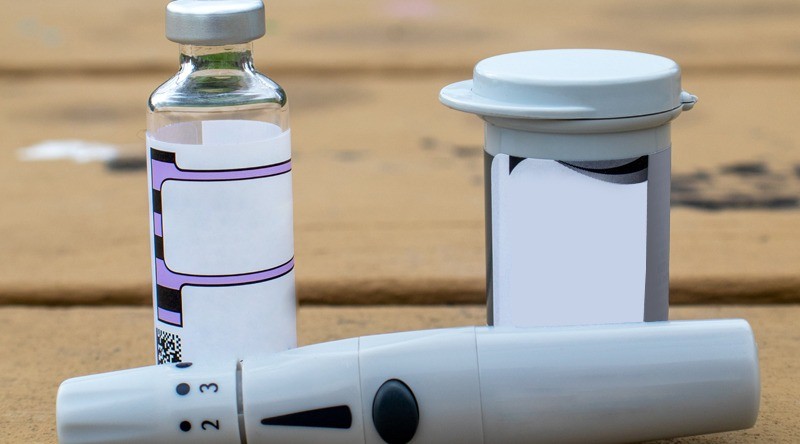Insulin is a hormone produced in your Pancreas. Its main role is to regulate the number of nutrients circulating in your blood and transport glucose (energy source) to the cells. When the cells shut tight to insulin, it is known as Insulin resistance. Because of this, the cell’s supply of nutrients and glucose is reduced. This leads to Diabetes, if not corrected early.
Kapha (Endomorph) body type is more prone to insulin resistance.
A diet based on complex Carbohydrates like Barely, Ragi is advisable, because these can open up the resisting cells to improve insulin sensitivity and absorb required nutrients.
According to a recent study in children and adolescents, it was found that when the blood Insulin level is slightly elevated, obesity (weight gain) is evidenced in later stages of life. A higher insulin level (Hyperinsulinemia) is a key causal factor in weight gain. It prevents stored fat from being released or burnt. When insulin is too high for too long, people get fat.
Appropriate measures include a low-calorie diet with bitter taste being predominant, Fasting, Time controlled diet and physical activity.
Cooking at high temperatures (such as inducing caramelization) without the presence of water is likely to form Advanced Glycation End Products (AGEs), which increases the risk of insulin resistance. While many love the taste of foods that are seared, broiled, toasted, grilled and fried, there is some evidence that the chemical reaction behind Caramelization can put people on a road to a host of health problems.
That’s why, it is better to adopt healthier cooking options like Boiling, Steaming and Cooking meats low and slow to ensure long term health and wellbeing
Impaired (weak) acute insulin response at midlife is also associated with an increased risk of Alzheimer’s disease (AD) in later life.
As type 2 diabetes gets worse, the insulin production in the Pancreas progressively declines.This is called insulin deficiency. The impaired insulin secretion could be due to a decline in the cellular secretory rate (that is, in individual β-cell function) or a decrease in β-cell mass (the product of β-cell size and number), or both.
The treatment line focuses on stopping the decline of B-cell mass, for which bitter and astringent Vegetables like Methi (fenugreek), Parvala (pointed gourd), Karela (bitter gourd), drum stick, garlic, Raw banana are recommended based on the Ayurvedic body type.
While some people suffer from Insulin Resistance and Insulin Deficiency, others suffer from Insulin Dependency. When the body completely stops making insulin, it’s called Type 1 Diabetes or Insulin-dependent Diabetes. It’s an autoimmune response that permanently destroys Beta cells in the Pancreas. This form of diabetes usually develops in children or young adults but can occur at any age.
It’s a double-edged sword that’s accompanied by hypoglycaemia (low sugar) and weight gain. Treatment should be customized according to age, medical condition, lifestyle, and personal factors.
With diabetes, never follow the one size fits all approach.









